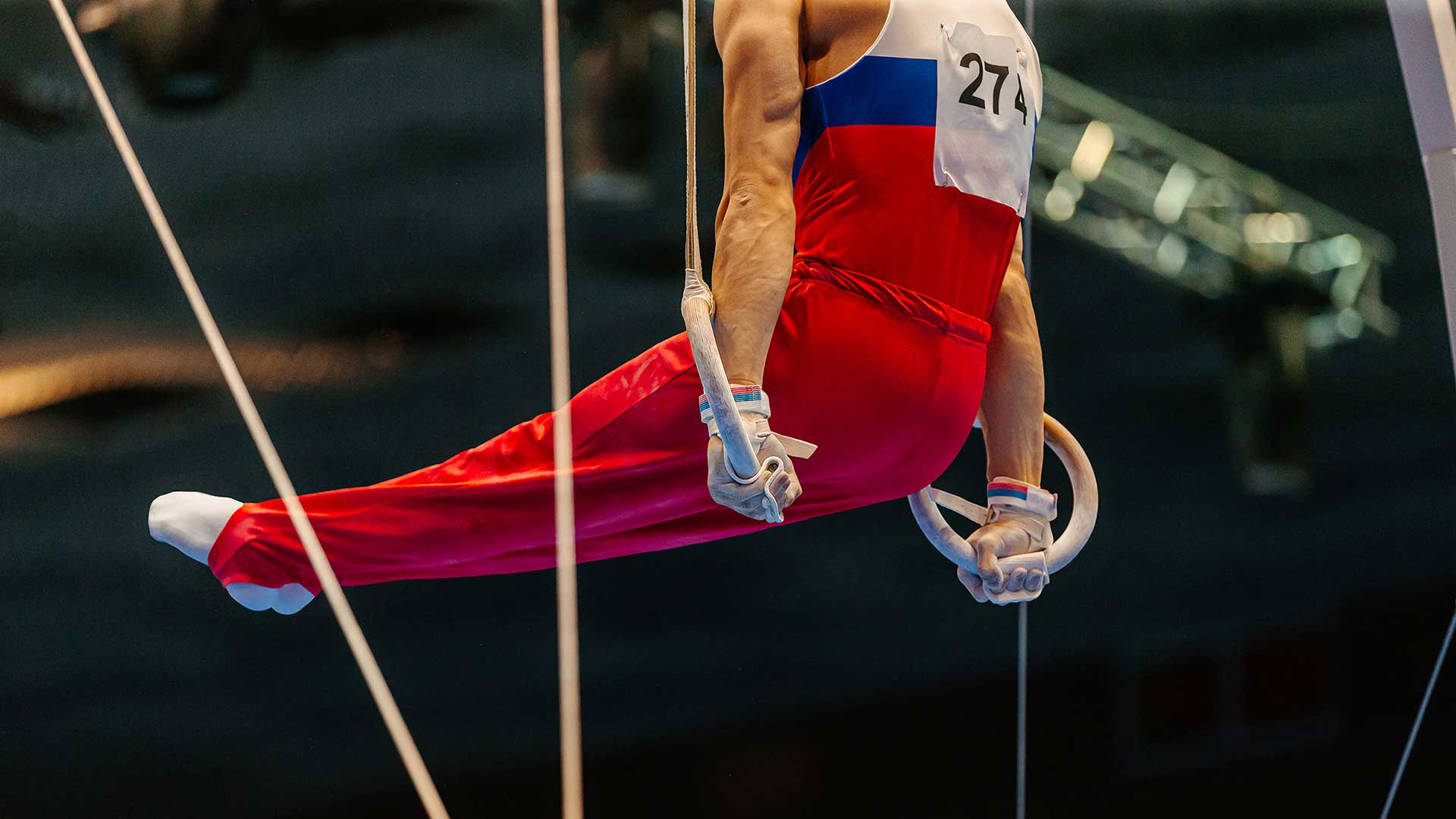The Grand Spectacle: What Are the Olympics?
The Olympic Games—the quadrennial event that brings together athletes from every corner of the globe. It’s a celebration of human achievement, a showcase of athletic prowess, and a chance for nations to shine on the world stage. But beyond the dazzling opening ceremonies and gold medals lies an intricate economic dance—one that host cities must master.
2. The Short-Term Boost: Economic Adrenaline
When a city wins the bid to host the Olympics, it’s like winning the lottery (albeit with more responsibility). Here’s why:
- Tourism Surge: The influx of tourists—sports enthusiasts, families, and curious travelers—boosts local businesses. Hotels fill up, restaurants thrive, and souvenir shops do brisk business.
- Infrastructure Investment: Host cities invest heavily in infrastructure—new stadiums, upgraded transportation systems, and improved public spaces. Construction jobs abound, providing a short-term employment boost.
3. The Not-So-Golden Reality: Why the Olympics Aren’t Always Profitable
Now, let’s peel back the curtain and see the less glamorous side:
- Cost Overruns: Remember that shiny new stadium? It often costs way more than anticipated. Budget overruns are common, and taxpayers foot the bill.
- White Elephants: Some Olympic facilities become “white elephants” after the games. These grand arenas, once filled with cheering crowds, now sit empty, draining maintenance funds.
- Opportunity Costs: The money spent on the Olympics could have been used elsewhere—education, healthcare, or affordable housing. It’s a trade-off.
4. The Los Angeles Exception: How They Struck Gold
In 1984, Los Angeles pulled off an Olympic miracle. They turned a profit—$5.2 billion, to be precise. What set them apart?
- Existing Infrastructure: LA had top-notch facilities already in place. They didn’t need to build from scratch.
- Private Funding: Unlike most host cities, LA relied heavily on private funding. Corporate sponsorships and ticket sales fueled their success.
5. The Temporary Visitor Surge: Blink and They’re Gone
Remember those tourists? They’re temporary. Once the closing ceremony ends, they pack their bags and head home. The economic boost is short-lived.
6. Lessons for Future Host Cities
- Plan Ahead: Infrastructure matters. Invest wisely in facilities that can serve the city long after the torch is extinguished.
- Sustainable Legacy: Create a legacy—repurpose stadiums, build affordable housing, or transform Olympic parks into community spaces.
- Balance the Books: Hosting the Olympics is a balancing act. The glitz of the games must align with fiscal responsibility.
7. Conclusion: The Olympic Dance Continues
So, are the Olympics good for business? It depends. Like any grand performance, there are highs and lows. But perhaps that’s the magic—the blend of athletic feats, national pride, and economic realities—that keeps us tuning in every four years.
And who knows? Maybe one day, a host city will strike gold again, proving that the Olympic spirit isn’t just about medals—it’s about finding that elusive economic sweet spot.




